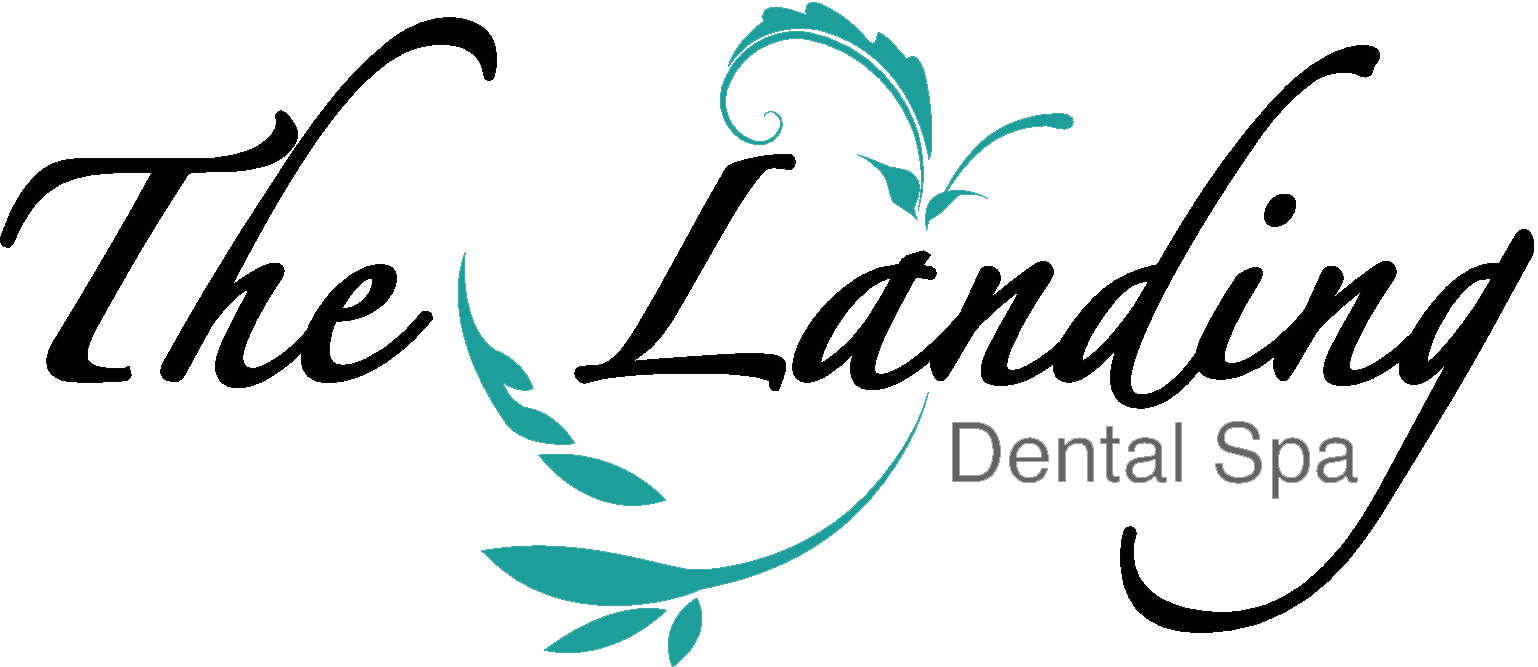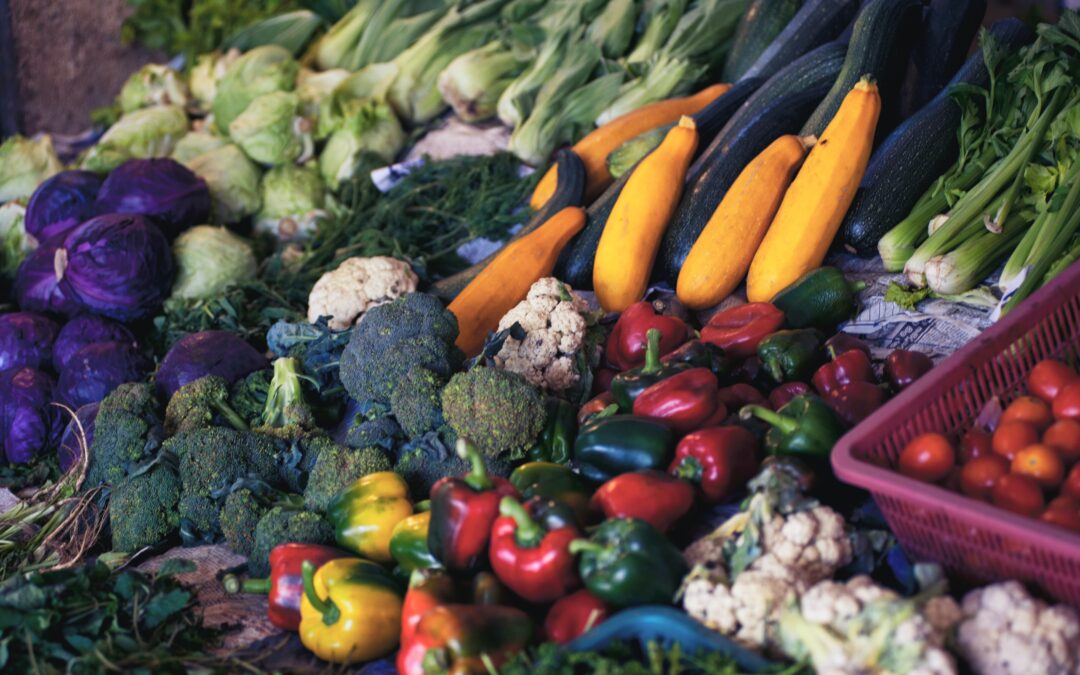From a young age, we learn that it is essential to brush and floss every day to have a healthy smile, but did you know that your nutritional choices also affect your teeth and gums? The food that we eat and the drinks we consume all come into contact with our teeth and gums. Sugar-filled sodas, processed foods and acidic food and drinks can all lead to tooth decay and eat away at tooth enamel, causing cavities. According to the American Dental Association, the first signs of poor nutrition show up in your mouth.
Continue reading to learn more about how nutrition affects oral health and how to choose the right foods and drinks to keep your smile healthy.
Diet Can Cause Tooth Decay
Tooth decay occurs when bacteria found in plaque reacts with sugar in the mouth to create acid. This acid attacks the teeth and destroys tooth enamel. After this reaction happens multiple times, a hole or “cavity” can form in the tooth, which will cause it to decay even faster.
Foods that are high in any kind of sugar can lead to tooth decay. Sugar comes in many forms, but ingredients ending in “ose” are usually sugars. Fructose, sucrose and glucose are three of the more well-known types of sugar that can destroy your teeth. That is why it is important to read the ingredient labels when shopping. The higher the sugar appears on the ingredients label, the more sugar is in the product. Soda, processed foods and drinks, candy, cookies and pastries are all high in sugar.
Remember, even if a product says “no added sugar” that does not mean the product is sugar-free. According to the Oral Health Foundation, it simply means that no extra sugar has been added. These products still may contain sugar, or the sugar may be listed as carbohydrates. If you are unsure whether an item contains high levels of sugar, or not, our team here at The Landing Dental Spa would be happy to help you!
Other things besides sugar to consider when it comes to tooth decay are:
- The form of the food — whether it is solid, sticky, liquid, or slow to dissolve
- How often you eat or drink acidic foods or beverages
- The nutritional makeup of the food
- The combination of foods being eaten and the order in which they are eaten
- Medical conditions such as gastrointestinal reflux and eating disorders
Nutritional Choices – Foods and Drinks to Avoid
- Sugary Foods: According to the American Dental Association, foods and beverages high in sugar have long been linked to cavities and poor oral habits. Sugary foods and drinks to be wary of include: sodas, sport and energy drinks, lemonade, some fruit juices, candy, chewing gum, suckers, cookies and cake. Even some spaghetti sauces, cereals and cough drops contain high amounts of sugar. That is why it is so important to read product labels while shopping.
- Acidic Foods: Fresh fruits and tomatoes are good for you, but remember some of these foods are acidic. Eating high amounts of acidic foods can affect tooth enamel over time, causing it to erode. Try eating these foods with a meal (instead of on their own), so they are less likely to damage your teeth.
- Sticky and Starchy Foods: Ginger Hultin, RD, a spokesperson for the Academy of Nutrition and Dietetics, says that sticky and starchy foods like honey, dried fruits, molasses, bread and potato chips all increase the risk of cavities by clinging to the surface of the teeth. These foods are acceptable only in moderation and when combined with good oral practices like brushing and flossing.
- Teeth-Staining Drinks: Certain drinks like coffee and tea are more likely to stain your teeth. This is because they contain color pigments called chromogens. Chromogens attach to and stain enamel. Water helps wash away chromogens, so make sure to drink plenty of water after drinking these types of beverages.
- Anti-Inflammatory Foods: According to the journal Clinical Nutrition, research shows that an anti-inflammatory diet correlates with healthier gums and fewer lost teeth. Avoid saturated fats and refined foods because they can contribute to inflammation.
Foods and Drinks for Optimum Dental Health
The American Dental Association recommends these foods and drinks when choosing healthy meals and snacks:
- Foods High in Calcium: Cheese, milk, plain yogurt, calcium-fortified tofu, leafy greens and almonds are all foods high in calcium and other nutrients that help benefit tooth health.
- Protein-Rich Foods High in Phosphorus: Meat, poultry, fish, milk and eggs are all protein-rich foods that are high in phosphorus. These foods help develop and maintain strong teeth.
- Fruits and Vegetables: Fruits and vegetables are high in water and fiber, which work to balance the sugars contained in them and help clean teeth. These foods also help stimulate saliva production and neutralize acids. Finally, many fruits and vegetables are high in vitamin C, which is important for healthy gums, and vitamin A, which helps in building tooth enamel.
- Water: The best beverage you can drink for oral health is water. Water helps to detox the body, strengthen teeth, and keep your mouth clean. It is also calorie-free!
Snacking and Dental Health
It is better to limit snacking as much as possible in between meals, but sometimes it happens. Snacking often becomes problematic because of the types of foods eaten between meals. Most people choose to snack on chips and sweets. These are foods that contain high amounts of unnecessary sugar. If you need to eat a snack, try and choose nutritious foods. Some examples of healthy snacks include:
- Cheese
- Yogurt
- Vegetables
- Nuts
Brushing and Flossing
It is important to brush and floss at least two times a day, including the last thing at night with a fluoride toothpaste. The Oral Health Foundation states that eating and drinking foods high in sugar and acids naturally will weaken tooth enamel. Brushing right after eating can cause tiny enamel particles to wash away. Therefore, it is recommended to wait at least one hour after eating to brush your teeth. They also recommend brushing your teeth right before bed because saliva production slows down at night and can cause your teeth to be at a higher risk of developing decay.
Keeping Your Smile Healthy | The Landing Dental Spa
At The Landing Dental Spa, we want nothing more than to help you protect your teeth and to see you smile! To encourage healthy teeth habits, it is recommended that all individuals schedule regular check-ups with their dentist, typically every six to 12 months. If you have any questions about tooth decay, cavities or oral health, please let us know! If you need an appointment but don’t have a regular dentist, please contact us at 304-594-2200.
References
How What You Eat Affects Your Teeth
Foods That Affect Your Dental Health – American Dental Association


Recent Comments